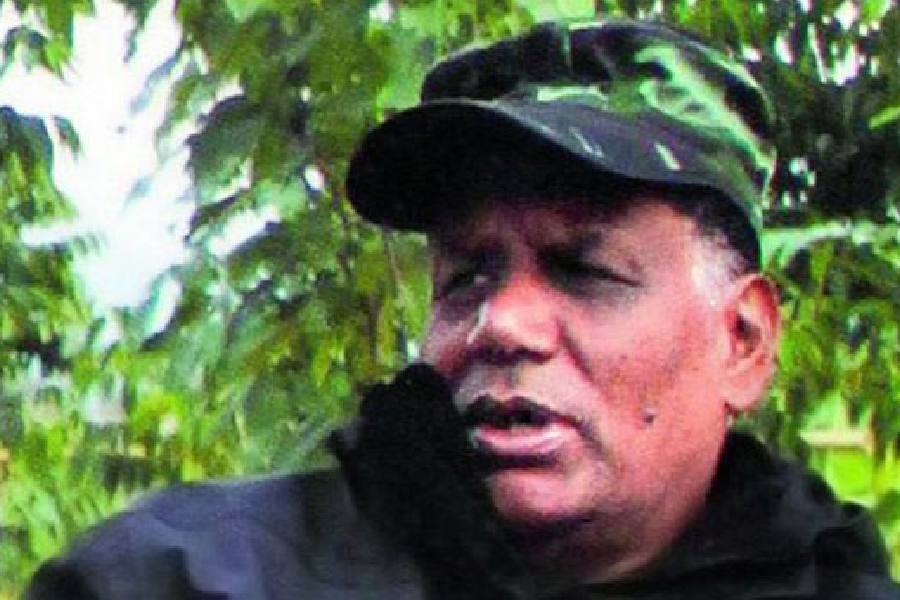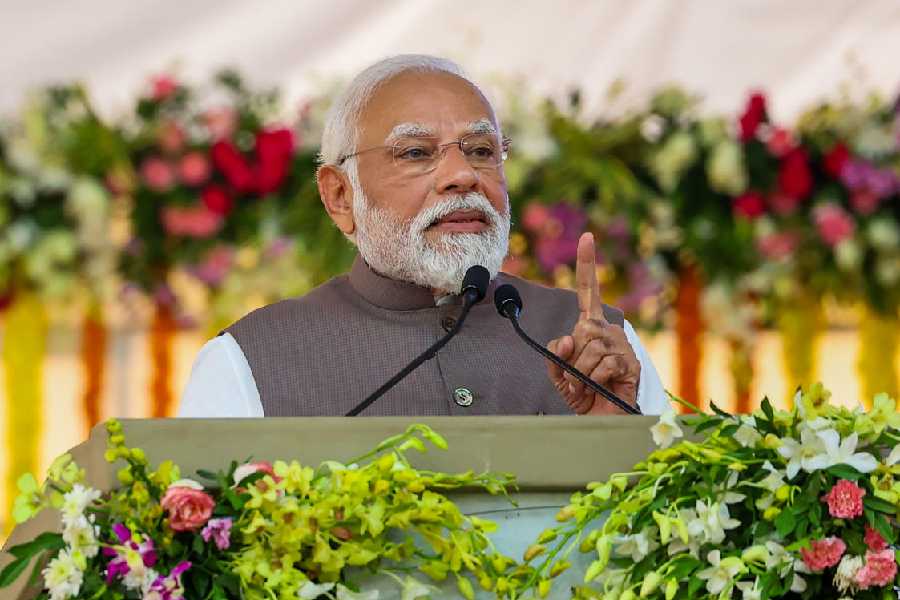Paresh Barua, leader of the anti-talks faction of the United Liberation Front of Asom or ULFA (Independent), has termed the tripartite peace agreement signed with the pro-talks faction of the outfit as "shameful", asserting that "political settlement is not possible when revolutionaries give up their goals and ideals".
"We are not surprised, concerned or angry but ashamed of the pact. We were aware of the outcome as when revolutionaries give up their goals, ideals and ideology, a political settlement is not possible," Barua told Assamese television channel 'Pratidin Time' in a telephonic interview.
Asked about Chief Minister Himanta Biswa Sarma's conversation with him on possible talks with his faction, the rebel leader said, "Yes, he did speak to me. He is a catalyst for negotiations. We will not sit for talks just for the sake of it. We have demanded a political settlement and will not waver from this goal and betray the people of the state.
"If political demands are not met and only a package is given, it is not acceptable. We have been saying from the beginning that they (pro-talks faction) are proceeding on the wrong path of a so-called arrangement," he added.
The hardliner ULFA(I), led by Barua, was unwilling to come to the negotiating table unless the issue of 'Assam's sovereignty' was discussed, with the faction engaging in sporadic incidents of violence as security forces intensified operations.
Asked whether he had discussed these issues with his former comrades-in-arms, the ULFA(I) leader said the outfit's general secretary Anup Chetia had spoken to him and he tried to convince Chetia about a political settlement but Chetia informed him that this demand was turned down by the negotiators stating "there was no such provision in the Indian Constitution".
"Did they go for talks without knowing what was in the Constitution? Talks will have to be held outside the ambit of the Constitution," he said.
Barua claimed that Chetia had told him they have no other option.
"If there was no other option, they should tell the people that they have been deceived," Barua said.
Barua further claimed Chetia said he was not there since the beginning of the dialogue process and it was "not possible to do a correction now".
The ULFA general secretary had joined the talks process after he was released from a Bangladesh jail in 2015 after serving a term of 18 years since 1997.
"We cannot cooperate with them (pro-talks faction) as we have not given up our ideals and ideology. We are not sitting at the negotiating table unless there is discussion on the lines of the Naga Framework Agreement, which includes control over resources, a separate constitution and flag," Barua said.
Regarding missing ULFA leaders and cadres during security operations, including 'Operation All Clear' in Bhutan, the rebel leader said, "Those who have signed the accord had an opportunity to ask about them (the missing militants), whether they are dead or alive, and if so their whereabouts." "They should have firmly exerted their right to know the details... but when they do not have any ideals left, they will not have the courage to ask these questions," Barua added.
Referring to a photograph taken after the signing of the accord where the pro-talks ULFA leaders, including its chairman Arabinda Rajkhowa and general secretary Anup Chetia, were seen standing behind Union Home Minister Amit Shah, Chief Minister Himanta Biswa Sarma and senior officials, Barua alleged that "they were denied the basic respect which was insulting for the Assamese community, and this really hurt".
"During the signing of their respective accords, the Naga and the Bodo leaders were seen sitting with the ministers and officials but I don't know why the ULFA leaders were denied this basic respect," he added.
A tripartite Memorandum of Settlement was signed between the ULFA (pro-talks) faction, central and state governments in New Delhi on Friday in the presence Shah and Sarma.
Except for the headline, this story has not been edited by The Telegraph Online staff and has been published from a syndicated feed.












